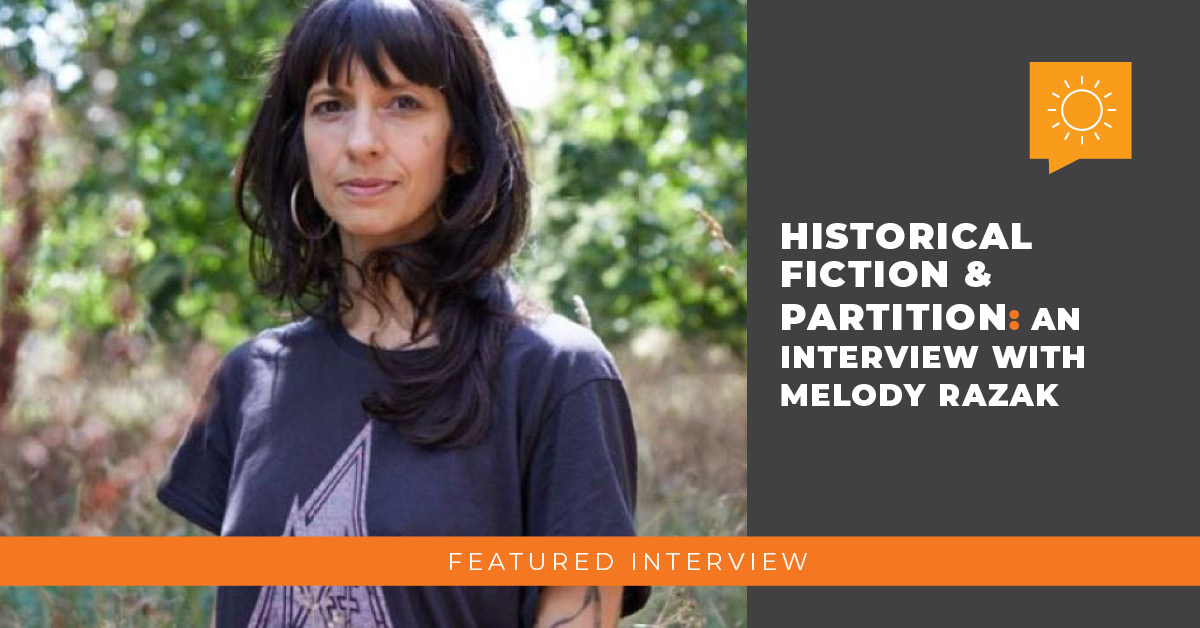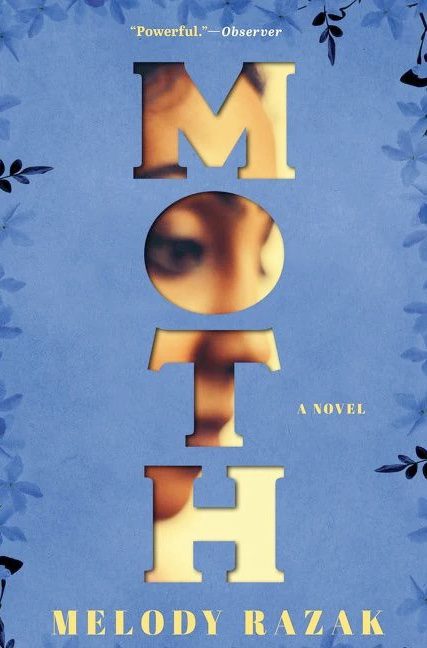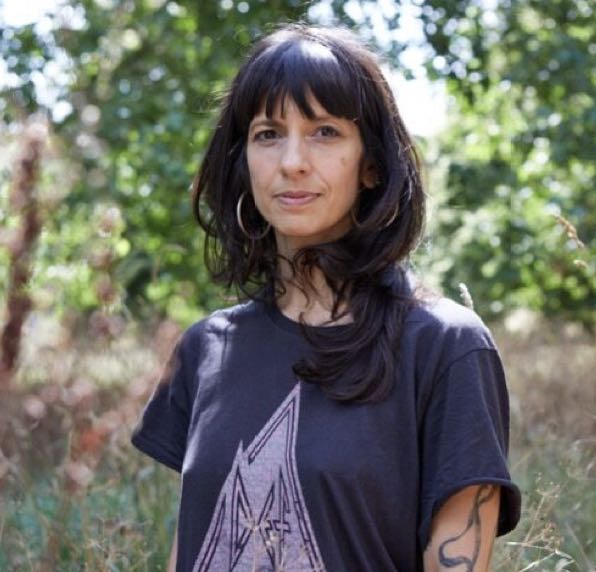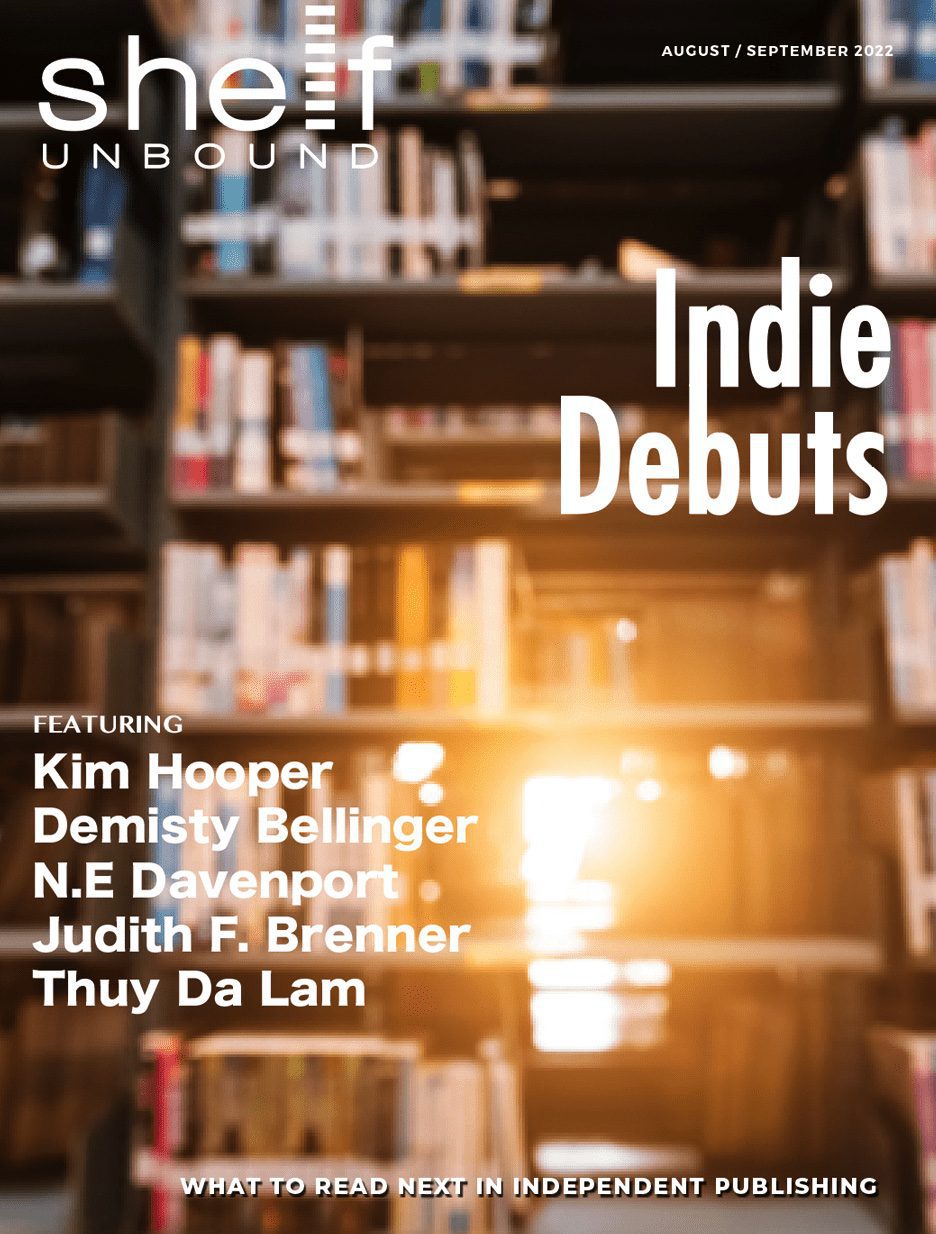By Alise Mgrdichian

I love historical fiction novels, and am especially excited when they are debuts—it’s always refreshing to discover new voices. Melody Razak’s MOTH is no exception! Published by Weidenfeld & Nicolson on June 24, 2021 (and set to be reprinted by Harper on August 9, 2022), MOTH follows a family in 1946 Dehli, leading up to the 1947 separation of Pakistan from India. Equal parts heartbreaking and hopeful, the book’s blurb says it best: “Set during the most tumultuous years in modern Indian history, Melody Razak recreates the painful turmoil of a rupturing nation and its reverberations across the fates of a single family. Powerfully evocative and atmospheric, MOTH is a testament to survival and a celebration of the beauty and resilience of the human spirit.”

Moth
Dehli, 1946.
Ma and Bappu teach at the local university. Their fourteen year-old daughter Alma is soon to be married, but she is mostly interested in spinning wild stories for her beloved younger sister Roop.
Times are bad for girls in India. The long-awaited independence from British rule brings unrest that threatens to unravel the rich tapestry of Delhi, and when Partition happens, Ma, Bappu, Alma and Roop are forced to find increasingly desperate ways to survive.
But the power of hope is an extraordinary thing…
Could you tell me a bit about your background as a writer? What has your creative journey looked like over the years?
MR: I have always loved reading and, as a child, I spent my free time with books when others might have been playing outside. When I first discovered Roald Dahl’s The Witches, it was as if I had stumbled upon perfection, that a story could feel so mischievous and have characters so transgressive.
My first career of choice was always to be a writer but, over the years, I put that aside as an impossible, impractical dream and trained instead to be a pastry chef. As someone who lives in her head, the creative and practical side of cooking brought a welcome balance.
Sometime in my mid-twenties I went on a solo trip to Thailand and Laos, and discovered the joy of keeping a travel journal. Over the years I travelled extensively and mostly on my own as an excuse to write. A master’s in creative writing was all the prompt I needed to think about writing as a potential career, so at the age of 40 I made all the necessary changes in order to make that happen.
Congratulations on your debut novel! What was the process of writing this book like for you?
MR: Thank you!
The process of writing MOTH was a dream. I spent a summer researching in the British Library where I looked at newspapers, contemporary essays, historical documents, and travel writing, listened to recordings, read fiction and poetry, and absorbed folktales and Hindu philosophy—I utilized whatever I could get my hands on.
I spent the next year living and travelling in India where I wrote every day, with my daily experiences of food and people and colour filtering through into the novel. I was lucky enough to have the time and space to fully immerse myself, and the experience was very rewarding on both a practical and personal level.
I wrote a minimum of 1,000 words a day, drank a lot of very good coffee, and every now and again I would lose sight of my word count, of time and hunger, and those were the good days when my characters took over.
Once I had a 200,000 word first draft, I spent many months fine-tuning and cutting it down to get a manuscript that was ready for submission. I lost entire characters and plot lines in the cutting process, but I’m hoping the nuances and layers are still faintly present in the final book.
I also read a great deal of fiction while I was writing, and found words and ideas jumping up at me on every page. Poetry was particularly inspiring, and encouraged me toward playfulness.
What was your inspiration for this story, and how much of yourself is in it?
MR: The inspiration for MOTH came from a radio programme I heard on Radio 4 one evening, ‘Partition Voices.’
I was struck by the language and held sorrow for those who were being interviewed, and was affected by the enormity of the subject that, previous to that evening, I knew very little about. Once I started reading around events, a skein of stories emerged, and suddenly I had my Brahmin family living in Delhi, and I had the women of that family who I was desperate to give a voice to. I was also interested in examining the nature of storytelling itself—in particular, oral storytelling, how stories and myth are passed down, and how the intimate details of a woman’s life are as much a part of the fabric of the times as the enormous political and historical shifts that shape her society.
It felt like a momentous task for a first novel, but one that I was keen to attempt.
The characters of MOTH are fictional and grew out of my imagination, but my deep love for India is very much in the pages, as is my love for food and colour. I spent some time in the textiles museum in Ahmedabad and at a smaller private art gallery (also in Ahmedabad). I was fortunate enough to stumble on the work of Amrita Sher Gill for the first time, and I found her use of colour and subject matter very inspiring. A week at the excellent Jaipur Literary Festival was also a huge source of inspiration, and helped form and give weight to so many of my ideas.
So, yes, in a way there is a lot of me in those pages, or at least a lot of that year I spent in India.
After writing your book, what was it like to revise and get it published?
MR: I loved the editing process, first with my agent and then with my editor. It felt humbling and enriching to have people read my work and come back to me with such insightful and sensitive ways to improve the structure, relationships, timelines, and so on. The result is a work that I now feel is very collaborative and all the better for it.
What, to you, is the relationship between reading and writing? How has this played out with your debut publication?
MR: I struggled with my UK publication, which came first. I realised how much of a private, quiet person I am, and also how my love for literature has turned me into a book snob. It also made me realise how far I have yet to come to become the writer I aspire to be. It’s a great point to start from though, always reading, learning and trying to improve my craft.
I have just finished A Passage North by Anuk Arudpragasam and loved the gentle, meditative tone of a young boy travelling to a funeral. The plot line is very simple, but there is so much weight in his personal relationships and the background of civil war in Sri Lanka.
I recently read a selection of short stories by Dorothy Parker and love her wit and humour. Her social criticism is so on point too.
I am about to start The Book of Form and Emptiness by Ruth Ozeki, and one page in I can feel that tingle of expectation when you know you are in for a treat as a reader.
The cover of your book is beautiful — what was the process of deciding on it?
MR: The cover is gorgeous! I’m very happy with it.
I sent my UK editor a selection of photographs and colour swatches I had taken whilst in India. I also sent a few examples of the various book covers I have admired over the years. We debated a saffron yellow over the blue, but the blue won in the end. It’s such a wonderful shade and I have yet to match an outfit to it.
What will your next project(s) be? What can fans of your work look forward to?
MR: I’m currently working on a very loose re-writing of a Greek myth. The story is set in New York City in 1945, just after the end of World War 2. I examine a world ruptured, a missing mother, and the deep love felt between siblings. It feels very imaginative and creative and has, so far, been a joy to write. I am deeply enamoured with my characters—perhaps a little too much.
They are starting to feel very real to me. There is a playfulness, but there is also great sorrow. I struggle with their sorrow because they mean so much to me.
About the Author

Melody Razak
Melody Razak is a British Iranian fiction writer from London, with an MA in Creative Writing from Birkbeck. Before she started writing, she owned treacle&co, a cafe in Brighton, and more recently worked in the kitchens of Honey & Co in London as a pastry chef.
Melody’s debut novel, Moth, tells the heartrending story of a Brahmin family living in 1940’s Delhi during India’s Independence and subsequent Partition. It explores the impact of disproportionate violence on the lives of the women who carry so much of the emotional labor during times of political unrest. It probes the structures of an already fractious society, examines who the ‘other’ is, and what it means to be free. It looks too at the domestic sphere, at different types of love, and is ultimately a celebration of the human spirit.

[cm_page_title title=”Continue Reading” subtitle=” Shelf Unbound”]
Article originally Published in the August / September 2022 Issue: Indie Debuts.
